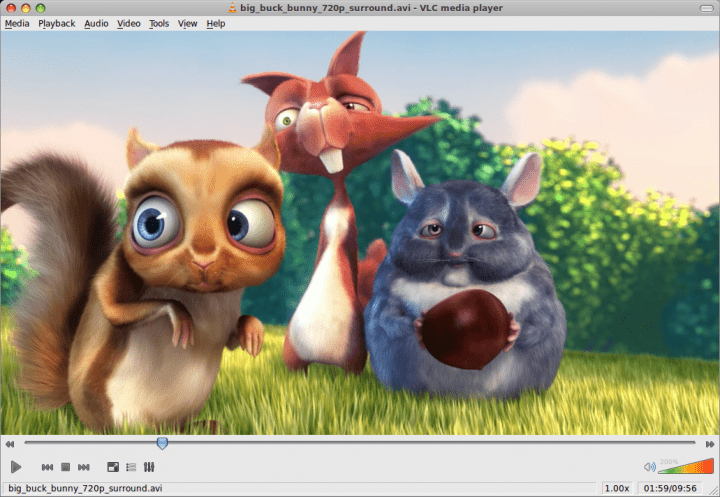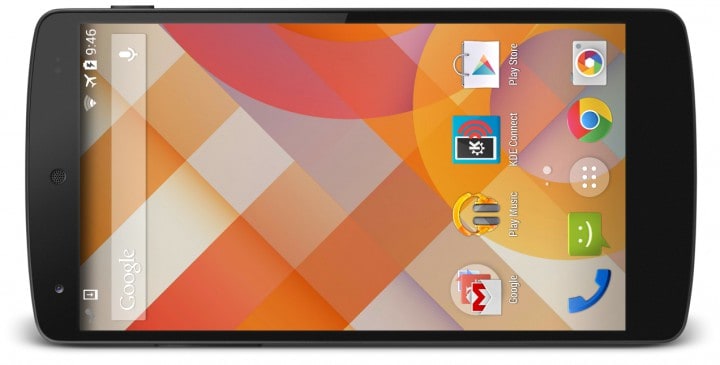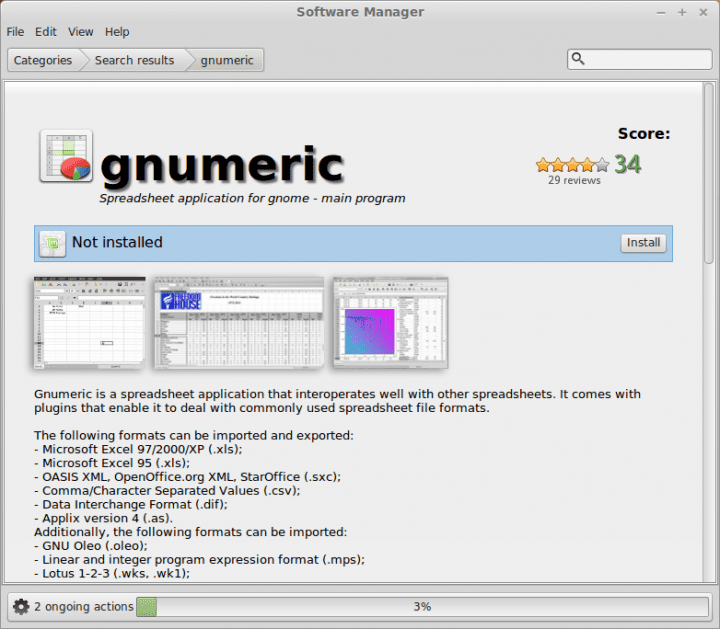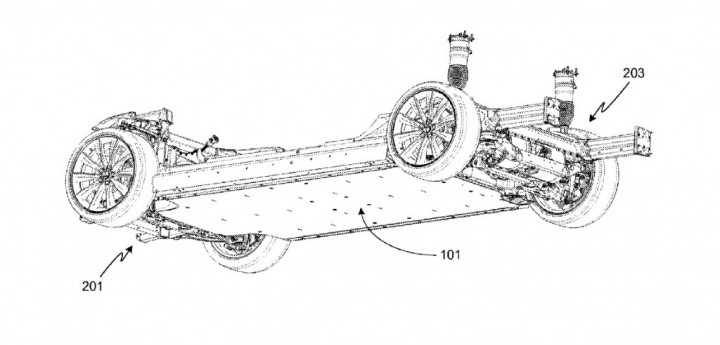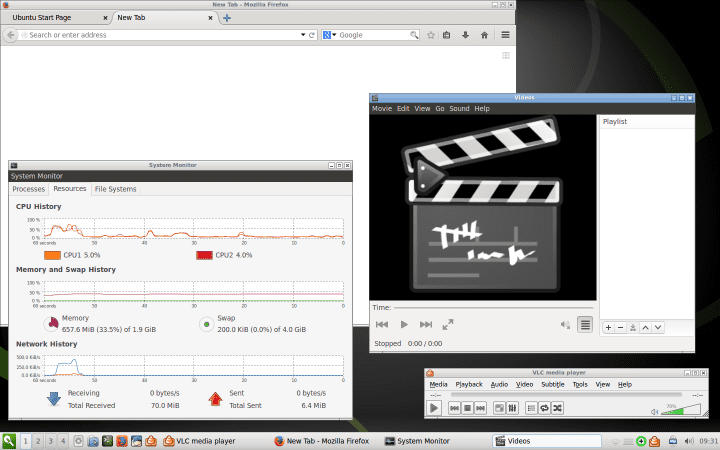From Windows to Linux, Part 2: Multimedia applications
July 21st, 2014 by Dedoimedo
Welcome to the second article in the series, one which teaches the wonders of migration from Windows to Linux in small, easily digestible chunks, with step by step instructions and a plenty of great tips to get you cozily underway. In the first piece, we discussed office programs, how they can be installed and used, both from official application stores as well as manual downloads and setups. We learned how to use the Software Center in Linux Mint, and we repeated all our actions from the command line, too. Today, we will focus on multimedia programs. Namely, how to get… Continue Reading
Review: KDE Connect
July 17th, 2014 by Luis Augusto Fretes Cuevas
Google and Apple are two companies known for being pretty innovative. Recently Apple followed by Google showcased their new way of integrating your mobile life into your desktop activities: Apple’s OS X and Google’s Chrome OS will pair with your iOS or Android device respectively to keep you up to date even when you’re not looking. Google seemed particularly proud of being able to show the remaining battery on your phone. As it’s always the case when two companies announce similar things and have such a big fanboy base, soon many Apple users started claiming Google copied Apple, an assertion that… Continue Reading
From Windows to Linux, Part 1: Office applications
July 14th, 2014 by Dedoimedo
After reading my Ultimate guide to Linux for Windows users, a handful of people emailed me their suggestions on how the guide can be extended and improved. They offered some ideas that might work in a comprehensive book, and others that fit much better as standalone articles. And that’s why we are here, to start a series of tutorials on making the Windows to Linux conversions less painful. I deliberated quite a lot on how to make this happen. Naturally, I ought to choose a single distribution, and stick with it, so that users can sort of relate to my… Continue Reading
Open Source Transportation 2.0
June 15th, 2014 by Luis Augusto Fretes Cuevas
It’s been almost year since Elon Musk showed his idea for a supersonic fully electric and solar form of transportation. The famous hyperloop caused much hype around the world, reminiscent of the good old days when the space race was going over and there were articles after articles discussing the future of humanity and technology. While I was excited about the technology itself as much as any other geek, I was particularly excited because Musk released his ideas as a blueprint without any patents and he encouraged participation from everybody. In his own words, he released the hyperloop as open… Continue Reading
A first look at LXQt
June 7th, 2014 by Dedoimedo
LXQt is the next generation of the Lightweight Desktop Environment, which means LXDE is dead, long live its successor. Yes? Something like that. Perhaps it makes sense. Rebuild the good stuff using a new, efficient framework. But then, reading some more, you will see that the word ‘port’ is used, which could indicate a branching of effort without pruning any old twigs. Hm, interesting. Anyhow, I’d like to see what LXQt can offer. Is it a viable idea to even begin considering? Especially in a highly saturated sphere of Linux desktop environments, most of which are tightly coupled to distributions… Continue Reading
Testing in-home streaming with low-end hardware
May 31st, 2014 by Luis Augusto Fretes Cuevas
So I took the old Netbook I used to test Netrunner on low-end hardware out, this time I wanted to test something entirely different. One of the many propositions by Valve is the idea of a simple Steam Machine, of around $99, that can stream games from your main computer. The idea is you can have your regular tower on your room and stream to your TV using only a small box. Steam, sadly, doesn’t support a Linux host, but it will in the future. To test it I ran a few games from a Windows installation to a Netbook… Continue Reading
What KDE can learn from: GNOME
May 31st, 2014 by Luis Augusto Fretes Cuevas
KDE is my favourite desktop environment but as everything in this life it’s far from perfect. In this series we will simply check what KDE can learn from other desktop environments, starting by KDE’s longstanding “competitor” GNOME. Similarly there’s stuff GNOME and everybody else could learn from KDE. By the very nature of the topic the article may read too negative regarding KDE, but remember is my favourite desktop environment, the only reason it may read negative is because we’re explicitly talking about the things other environments do better. 1. Consistent and beautiful application design Say what you will about… Continue Reading
Crowdfunding free software
May 28th, 2014 by Luis Augusto Fretes Cuevas
Small companies or individuals often have problems raising capital or getting loans and crowdfunding has emerged as the new way for them to get funded. All kind of projects and products from music to smartwatches have gotten the funds they need to make their ideas a reality. Other have failed and yet still managed to raise incredible amounts of money, the biggest example of this being the Ubuntu Edge. It’s fitting that the project that has raised the most money of all crowdfunding campaigns was a project related to free software that also failed. Despite the hope of some, including… Continue Reading

